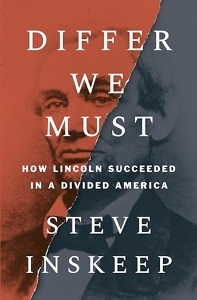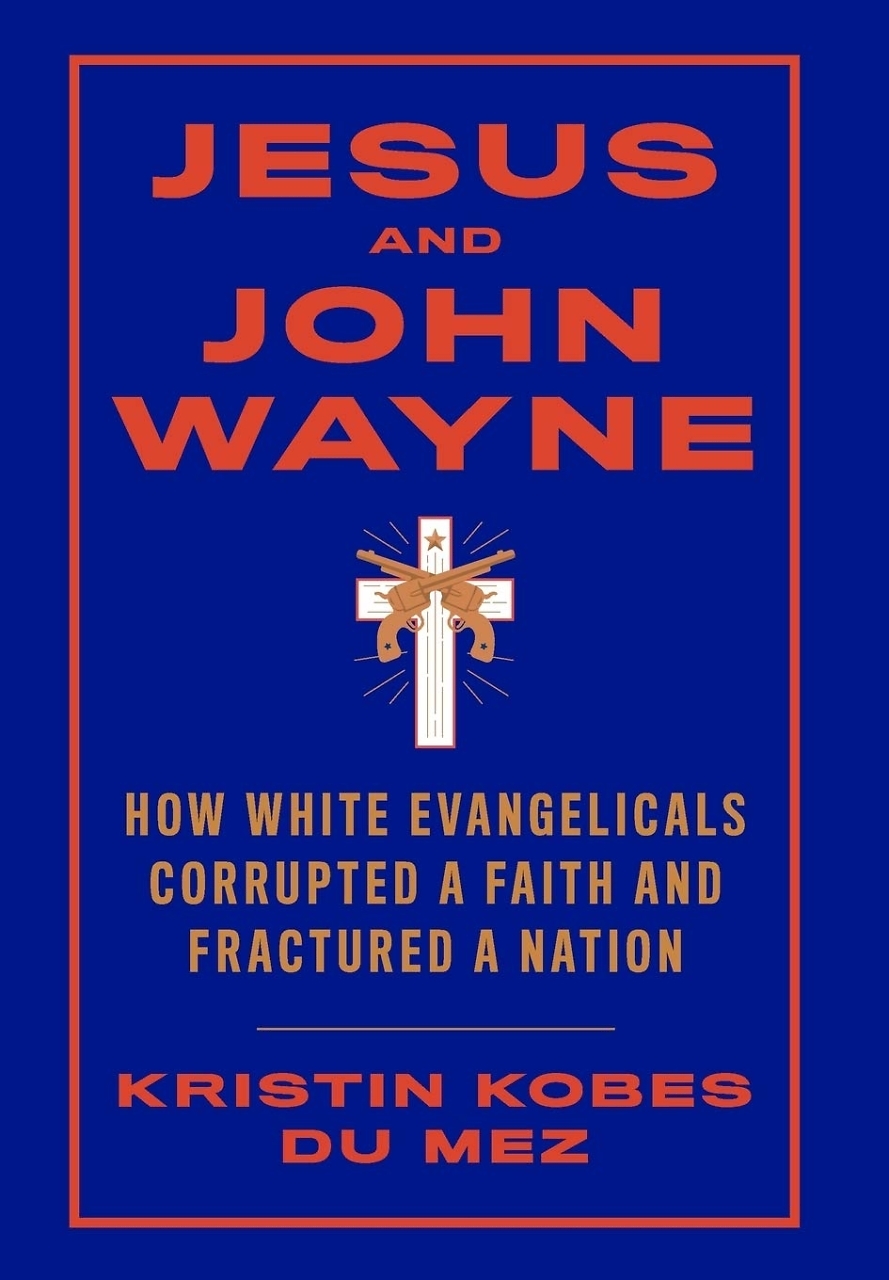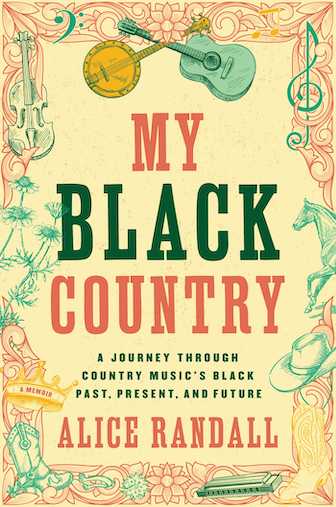Seeking Consensus
Steve Inskeep depicts a principled Lincoln who built coalitions out of thin air
Recently while surfing the Internet, I ran across an AI-generated image: Zoomer Abraham Lincoln, shrouded in a hoodie and slouched on the steps of his own memorial, the crags of his face smoothed. I recalled Abraham Lincoln: Vampire Hunter, a Goth horror film released in 2012 and produced by the auteur Tim Burton in the style of Buffy the Vampire Slayer. Every generation, then, reimagines this most magnificent and consequential of presidents through its political and pop cultural lenses, which speaks to Lincoln’s staying power, spawning nearly 20,000 books and articles and lauded by Tolstoy and Walt Whitman.

So is there anything more to say in print? Steve Inskeep, host of NPR’s Morning Edition and author of acclaimed works on Andrew Jackson and John and Jessie Benton Frémont, delivers the goods in his brisk yet incisive Differ We Must, a collection of 16 encounters throughout the course of Lincoln’s career, each tagged to a specific date. (The title alludes to a letter Lincoln wrote to his closest friend, the pro-slavery Kentuckian Joshua Speed.) Inskeep reveals Lincoln’s ambition and instincts from his early days as a green Whig in Illinois right up to his assassination at Ford’s Theater. He was an agile negotiator who learned from his missteps, assembling a formidable toolbox of techniques and forging relationships across the aisle while talking out of both sides of his mouth.
The cast of 16 includes the famous — Frederick Douglass (August 10, 1863) and Mary Todd Lincoln (April 14, 1865) — and virtual unknowns such as Lincoln’s Haitian émigré barber, William Florville (late 1860) and the abolitionist Owen Lovejoy (May 29, 1856). Lincoln sought consensus, his eye on the weathervane of opinion, but would not yield on core values or his interpretation of law. The 1850s were a seismic decade, with party affiliations scrambled amid the birth of the GOP and the fade of the Whigs into No-Nothing Nativists, their ethos anti-immigrant and anti-Catholic, as abhorrent to Lincoln as slavery. But Lincoln was a whiz at political math; like Nancy Pelosi, he knew when, where, and how to whip votes. He seemed to build coalitions out of thin air. His behind-the-scenes maneuvers at the 1860 Republican convention in Chicago garnered him the presidential nomination. He’d only served one mixed term as a U.S. representative, but he traded on his alliances, eloquence, and commanding presence.
 Differ We Must owes a debt to other Lincoln volumes, especially Doris Kearns Goodwin’s Team of Rivals. After outflanking William Seward in Chicago, Lincoln played to the ego of New York’s prickly, self-regarding senator through correspondence and conversations, even dangling the coveted job of secretary of state. Throughout the autumn of 1860, the warning signs flashed, with Southern states threatening to leave the Union should the anti-slavery Lincoln win. “Seward campaigned for him in St. Paul, Minnesota, and instead of dwelling on the republic’s possible destruction he spoke of its expansion,” Inskeep writes. “Someday the United States would control the hemisphere, he said—even Alaska. Of secession he cried, ‘Who is afraid? Nobody is afraid.’ Many were afraid, and the campaign’s feverish energy reflected it. The Wide Awake movement that had started in Connecticut became a nationwide phenomenon — young men marching for Lincoln in torchlit processions.” Here Inskeep puns on criticism of today’s “woke” mob, his depiction of Lincoln’s followers an inverse reflection of the tiki torch-carrying white supremacists from Charlottesville’s Unite the Right rally.
Differ We Must owes a debt to other Lincoln volumes, especially Doris Kearns Goodwin’s Team of Rivals. After outflanking William Seward in Chicago, Lincoln played to the ego of New York’s prickly, self-regarding senator through correspondence and conversations, even dangling the coveted job of secretary of state. Throughout the autumn of 1860, the warning signs flashed, with Southern states threatening to leave the Union should the anti-slavery Lincoln win. “Seward campaigned for him in St. Paul, Minnesota, and instead of dwelling on the republic’s possible destruction he spoke of its expansion,” Inskeep writes. “Someday the United States would control the hemisphere, he said—even Alaska. Of secession he cried, ‘Who is afraid? Nobody is afraid.’ Many were afraid, and the campaign’s feverish energy reflected it. The Wide Awake movement that had started in Connecticut became a nationwide phenomenon — young men marching for Lincoln in torchlit processions.” Here Inskeep puns on criticism of today’s “woke” mob, his depiction of Lincoln’s followers an inverse reflection of the tiki torch-carrying white supremacists from Charlottesville’s Unite the Right rally.
The book’s pared-down, episodic structure allows the Railsplitter to slip the bonds of his myth. Backroom deals, propaganda tactics, cozying up to friend and foe alike: Inskeep’s Lincoln is forever on the prowl, scheming his way into the White House, triggering the formative event in the life of the nation. His skills and flaws emerge in each encounter, particularly in Inskeep’s poignant chapters on Douglass and the First Lady. Douglass was frequently exasperated by the president’s slow march to the Emancipation Proclamation and pushed him on legislation that would protect Black soldiers. “In his meeting with Douglass he’d depended on candor: admitting he was not yet doing all that justice required,” Inskeep notes. Lincoln came away with a renewed commitment to act.
Americans, as the New York Times columnist David Brooks once opined, are a credal people. We like our saints and sinners cut from whole cloth, instantly identifiable. But reality tells another story. Inskeep is keenly focused on how the tensions of Lincoln’s era still roil Americans of all stripes. Differ We Must offers a blueprint on how to move forward by looking backward. Lincoln’s lessons are invaluable should we choose to learn them. The United States is a quilt of competing ideologies and perspectives, often within the same party tent, and compromise need not be a dirty word.

Hamilton Cain is the author of This Boy’s Faith: Notes from a Southern Baptist Upbringing and a frequent reviewer for O, the Oprah Magazine; the Minneapolis Star Tribune; and The Barnes & Noble Review. A native of Chattanooga, he lives in Brooklyn, New York.


